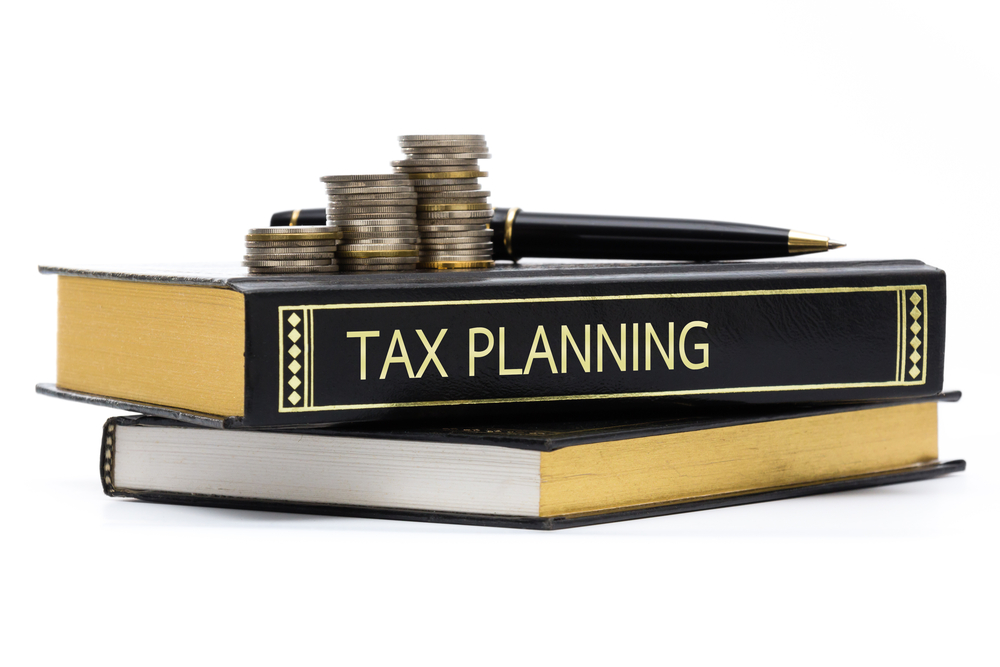by Shannon Carlson
It is December again. Time for all of the wonderful things the end of the calendar year brings: holiday joys, sharing cards and gifts with friends and family, decadent treats and tax planning. Wait, what? Did she say tax planning?
Yes. Yes, I did. I said tax planning. Okay it may be a stretch to call it wonderful, but the positive effects of planning in December rather than January (or even later), certainly can be.
It is important to take a few minutes during this busy, bustling season to check in with your tax accountant. Discuss any major changes in your life during the past year. Did you change jobs or retire? Did you start your own business? Did you sell any investments? Did you get married or divorced? All of these things and many more can affect the amount of taxes you will pay in April. If you talk to your CPA in December, there may be some opportunities to take advantage of before year end that will save you tax dollars in April. If you wait until after the end of the year, there isn’t much, if anything, that can be done to manage the outcome. This also gives you the opportunity to make sure you have paid in enough taxes for 2020 to avoid underpayment penalties.
Planning ahead can help you in other ways too. There are scientific studies showing that tax filing season is a significant source of stress for people. Whether it is the financial aspect of taxes, the time investment required for compliance, an aversion to deadlines, a general fear of the government, or a combination of all of these things, the stress that taxes invoke looms large in the spring. People may experience a very real physical or emotional response, none of which are healthy. Avoidance can be one of these unhealthy coping mechanisms for many people, which only creates an even greater amount of stress as the inevitable deadline approaches. Planning ahead helps individuals become less overwhelmed by the process which mitigates their tax-related anxiety. So get a folder set up in December to collect all of those tax documents that will begin arriving in January. Schedule an hour a week (or more if needed) to work on getting your documentation ready. You may find doing it early, little by little, before the pressure of the looming deadline kicks in, makes the process much less daunting, and I promise your tax preparer will appreciate your efforts to get things completed earlier, rather than later.
2020 has been fraught with challenges for all of us. How have those challenges impacted you financially? What does this mean for tax purposes? What can we expect 2021 to look like? Will the incoming administration make changes to the tax law? Will any additional COVID relief become available. Of course, we may not know the answers to some of those questions today, but discussing them up front can allow you and your tax professional to formulate a strategy and act quickly once those answers do become available.
2020 has been unlike any other year, and your tax situation is likely to be equally peculiar as well. Take the time to plan ahead this year. Once you see the resulting benefits, it just may become a wonderful part of every December. Happy Tax Planning.

